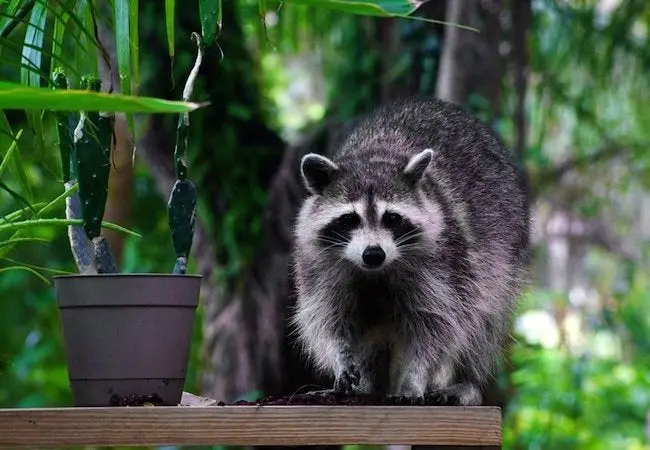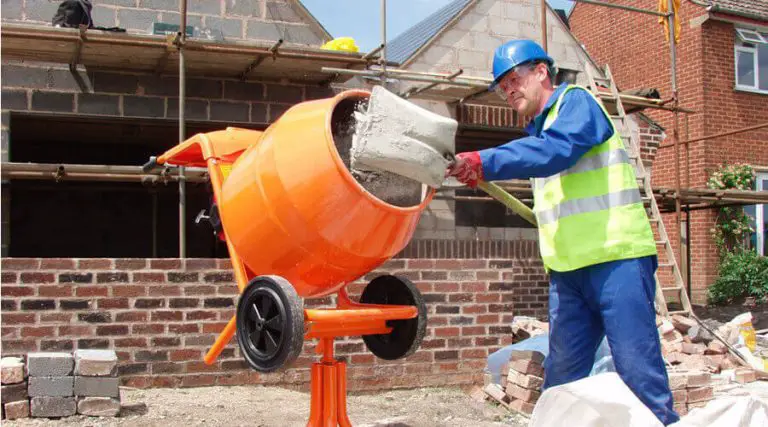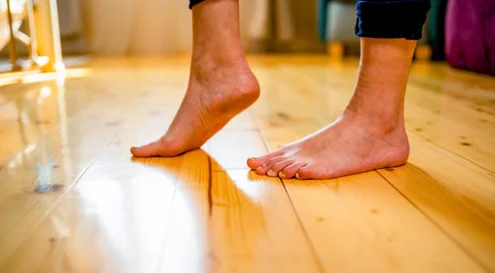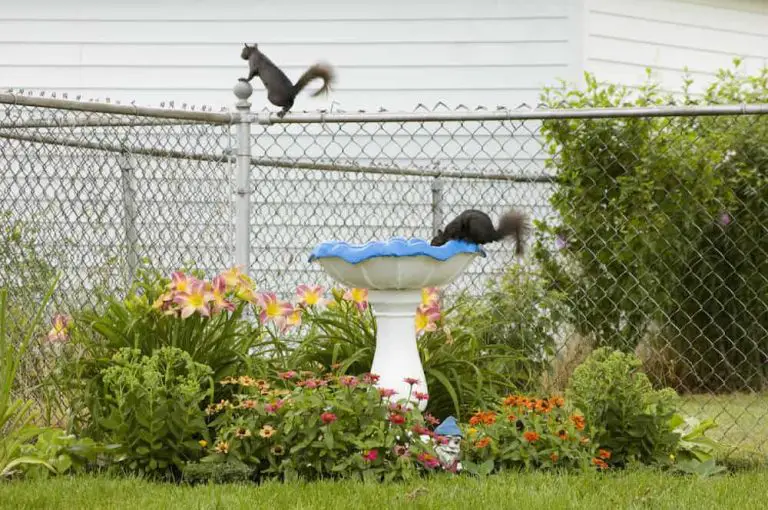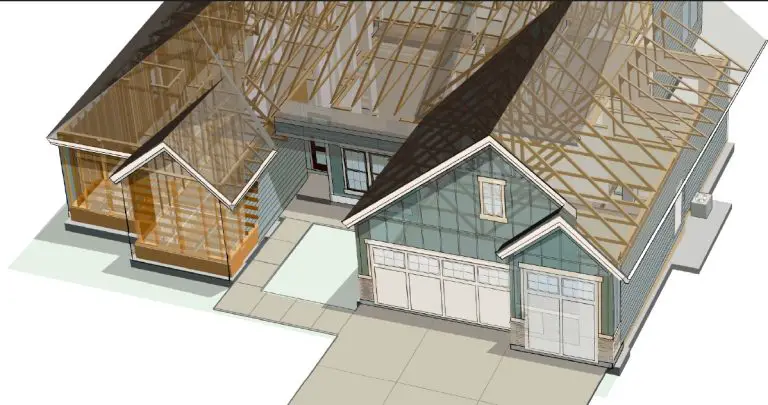Will Raccoons Come in Your House
When you think of a raccoon, you might picture it rummaging through your trashcan for food or taking a dip in your pool. But did you know that these nocturnal creatures can also be found right inside your home? While it’s not common, there are times when raccoons will enter houses in search of food or shelter.
If you live in an area where raccoons are known to roam, it’s important to be aware of the potential risks they pose and take steps to prevent them from getting inside.
If you live in an area with a raccoon population, the chances of one of these critters coming into your house are pretty good. Raccoons are curious creatures and will often explore any opening they can find in order to see what’s inside. Once inside, a raccoon will typically make itself at home, rummaging through cupboards and drawers in search of food.
If you have a pet door, that’s an especially easy way for a raccoon to gain entry to your home. While having a raccoon in your house may seem funny or even cute at first, it’s important to remember that these animals can be dangerous. They can carry diseases like rabies, and their sharp claws can cause serious damage.
If you do find yourself with a raccoon in your house, the best thing to do is call a professional wildlife removal service to have it safely removed from your home.
Signs of a Raccoon in the House
If you think you may have a raccoon in your house, there are several signs to look for. Raccoons are nocturnal animals, so if you hear noises at night it’s a good indication that you have a raccoon. Scratching and scurrying sounds coming from your attic or walls are also telltale signs.
You may also see damage to your home such as holes chewed in soffits or roof vents, or torn up insulation. If you see any of these signs, it’s best to call a professional wildlife control company to remove the raccoon before it does more damage to your home.
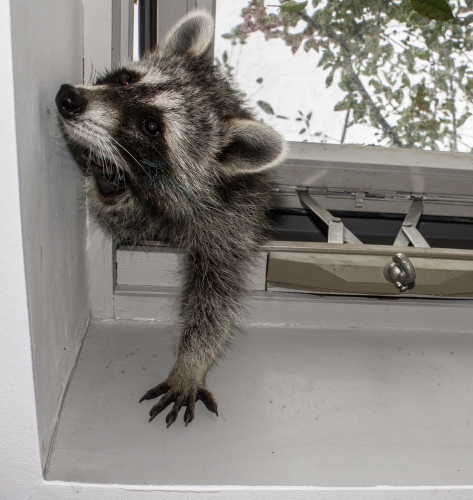
Credit: www.bayareawildlifesolutions.com
What Attracts Raccoons to Your House?
There are many reasons why raccoons might be attracted to your house. One reason could be that there is a food source that the raccoon has found and is accessing regularly. This could be something like an unsecured garbage can or pet food that is left outside.
Another reason could be that the raccoon has found a water source on your property, such as an open outdoor faucet or pond. Raccoons are also attracted to areas where they can find shelter, such as in attics, crawl spaces, or dense shrubbery. If you have any of these attractants on your property, it’s important to take steps to secure them so that raccoons are no longer tempted to visit.
How Do I Know If a Raccoon is in My House?
If you think there may be a raccoon in your house, the first step is to confirm that it is indeed a raccoon. Raccoons are nocturnal animals, so if you hear noises at night coming from your attic or see debris around your property, it’s likely that a raccoon is the culprit. To be sure, look for physical evidence like footprints or droppings.
If you find confirmation that a raccoon is in your house, the next step is to determine how it got inside. Raccoons are adept climbers and can squeeze through small openings, so inspect your roof and chimney for any potential entry points. Once you’ve located the opening, seal it off with heavy-duty hardware cloth or another barrier to prevent the raccoon from getting back in.
At this point, you have two options: wait for the raccoon to leave on its own or remove it yourself. If you choose to wait it out, keep all food and garbage securely stored away and make sure there’s nothing else for the animal to eat or drink inside your home. If all else fails, call a professional wildlife removal service to safely capture and remove the animal from your property.
What Should You Do If a Raccoon Gets in Your House?
If a raccoon gets in your house, the best thing to do is call a professional wildlife removal company. Raccoons are very strong and agile animals, and can be dangerous if they feel threatened. A professional will have the proper equipment and training to safely remove the raccoon from your home.
How Small of a Hole Can a Raccoon Get Through?
Raccoons are amazing climbers and can pretty much scale any surface. This gives them a lot of access to places that other animals wouldn’t be able to get to. But how small of a hole does a raccoon need in order to gain entry?
It turns out that a raccoon only needs a hole that is about 3 inches in diameter in order to squeeze through. So, if you have any openings in your home that are this size or larger, it’s best to seal them up or take measures to prevent a raccoon from being able to access them. 3 inches may not seem like much, but keep in mind that a raccoon’s body is very flexible.
They can contort their bodies into all sorts of shapes and sizes, which allows them to fit through some pretty tight spaces. If you’re dealing with a persistent raccoon problem, it’s important to call in professional help. These animals can cause serious damage to your home and property if they’re left unchecked.
HOW TO SAFELY KEEP RACCOONS AWAY FROM YOUR HOUSE/PROPERTY AND OFF YOUR FENCES
Conclusion
If you have raccoons on your property, there’s a good chance they will try to enter your home at some point. Raccoons are curious creatures and will often explore any opening they can find. Once inside, they can cause a lot of damage and make a huge mess.
If you think you have raccoons in your home, it’s important to take action right away to get rid of them.
